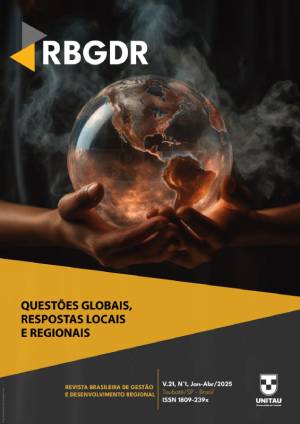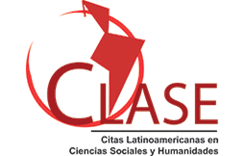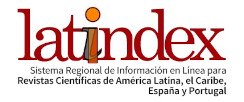SHORT FOOD SUPPLY CIRCUITS: SALE DYNAMICS AT THE FAMILY AGRICULTURE FAIR IN SÃO LOURENÇO DO SUL/RS
DOI:
https://doi.org/10.54399/rbgdr.v21i1.8052Keywords:
Food production; Agroecology; Work; Income.Abstract
Family farming is the main form of agriculture in the municipality of São Lourenço do Sul/RS (IBGE, 2019). Short Food Supply Circuits (CCAAs) are a possible alternative for work, income, and consumption for those families that have historically been left out or have chosen to distance themselves from the agribusiness chains. Thus, the question is: What are the dynamics of marketing at the family farming fair in São Lourenço do Sul/RS?. In view of this, this study sought to analyze the dynamics of marketing at the family farming fair in São Lourenço do Sul/RS. Methodologically, the research is classified as qualitative and the data collection technique adopted was the semi-structured interview. Eleven interviews were conducted with market vendors from São Lourenço do Sul/RS and 11 consumers from the same location. The results indicate that the fair constitutes an important space for marketing quality food for both farming families and consumers. For most market vendors, income from sales is the main source of income for their families. Consumers point to a long history of relationships, as well as access to quality and healthy food. The challenges faced are essentially centered on the total lack of infrastructure in the town square where the market is held, as well as the distance between rural establishments and the sales location.
Downloads
Metrics
Downloads
Published
How to Cite
Issue
Section
License
Copyright (c) 2025 Revista Brasileira de Gestão e Desenvolvimento Regional

This work is licensed under a Creative Commons Attribution-NonCommercial 4.0 International License.
Authors who have their papers accepted and published in the Brazilian Journal of Regional Management and Development must agree to the copyright policy CC BY https://creativecommons.org/licenses/by/4.0/.
If the article is accepted for publication, the copyright is automatically assigned to the Brazilian Journal of Regional Management and Development.


















